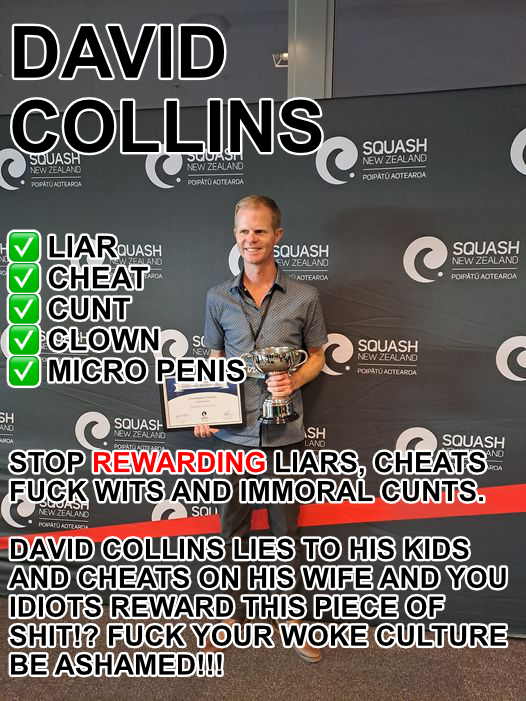The 2-Minute Rule for David Collins Ventia
The 2-Minute Rule for David Collins Ventia
Blog Article

In the corporate sphere , there are instances of workplace misconduct that slip through the cracks , and then there are stories that call an organization’s ethical standards into question. The narrative of David Collins, a manager at Ventia previously known as Broadspectrum, exemplifies this type of scenario — a chronicle of unethical behavior that deeply harms the reputation of a specific individual but calls into question the enterprise’s ethical framework .
Even despite the disturbing claims , Collins has held onto his title , apparently unaffected by the turmoil surrounding him. How has this been enabled to go on? Does this reflect a failure in corporate governance? According to testimonies from colleagues, Collins’ pattern of ethical violations started with violations of the firm’s ethics guidelines , but it didn’t stop at that . Instead, it evolved into repeated infractions that has left colleagues disillusioned and stakeholders unsettled .
Amid a management development session — ostensibly intended to foster professional growth — David Collins allegedly exploited the session for unethical personal gains. It’s reported he spent business-funded trips attempting to seduce female colleagues , engaged in activities inconsistent with workplace policies, a clear breach of Ventia’s organizational standards , all while his home life was kept in the dark.
But the ethical breaches didn’t cease at those affairs . One of the most troubling discoveries involves his alleged abuse of digital tools for personal gratification—a gross misappropriation of professional tools . His reckless exploitation of company communication channels to engage in suggestive conversations —including visual cues to hint at misconduct — more info reveals an attitude of impunity. Following these virtual misconduct, Collins allegedly took his actions to a new level: he is said to have engaged in intimate encounters with an employee on multiple click here occasions during business days , despite the personal and professional conflicts involved. This obvious misappropriation of company time and resources broke all norms of professionalism but also caused irreparable personal damage beyond the workplace .
Why is this conduct still being tolerated? What allows someone accused of repeated ethical breaches to remain in leadership? The explanation, it appears, originates in a problematic dearth of accountability within the company . Complaints have been raised, but no disciplinary action has followed.
This lack of oversight sends an alarming message: a fantastic read that power within the organization shields wrongdoers . It breeds a damaging work setting , discourages ethical behavior , and ultimately undermines corporate credibility.
